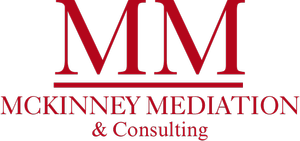WHY MEDIATE?
Mediation is the one opportunity you have to speak directly to and to hear directly from the other side. Your pitch might move the needle—maybe not that day but in the days to come. Or, you might learn something that prompts a reassessment at your end. Aside from the obvious—it is often court-ordered, and a satisfactory settlement is a good day for everyone—mediation can be a great opportunity to avoid making a serious mistake. The more you know, the better off you are.
That is especially true for the cases that simply will not settle. Whether you have an intransigent opponent or simply two completely different views on liability or value, the sooner you know this, the better prepared for trial you will be. If you are hourly, you are better positioned to manage your client’s expectations and avoid downstream friction as litigation costs mount. If you are contingent, and particularly if you have the burden of proof, the sooner you know what time and expense your case will require, the better.
Mediation can crystalize the playing field and let you plan accordingly.
Assuming you have the right case and consent from a fully informed client, mediation gives you the chance to draw your line with your sword. Effective messaging at mediation brings clarity. Clarity produces either the settlement outcome you want or your client’s day in court.
